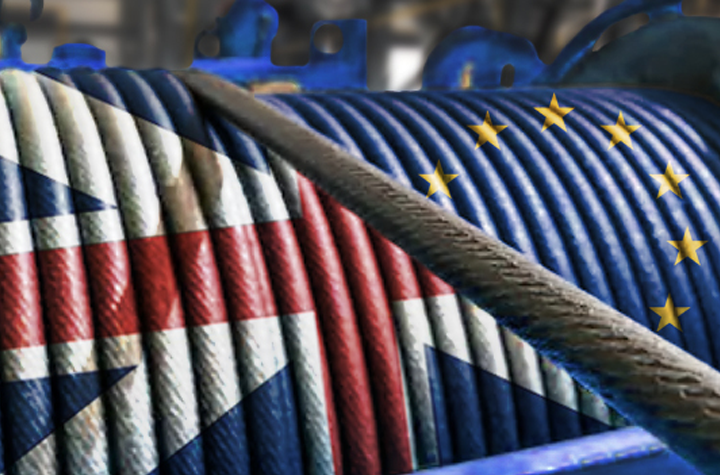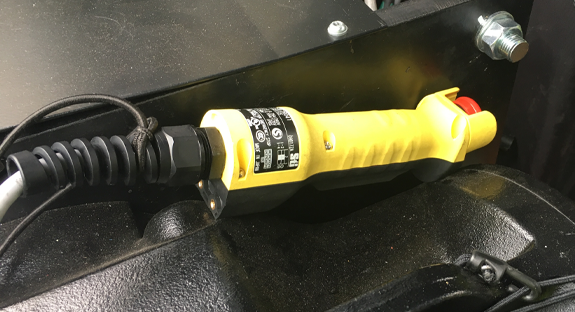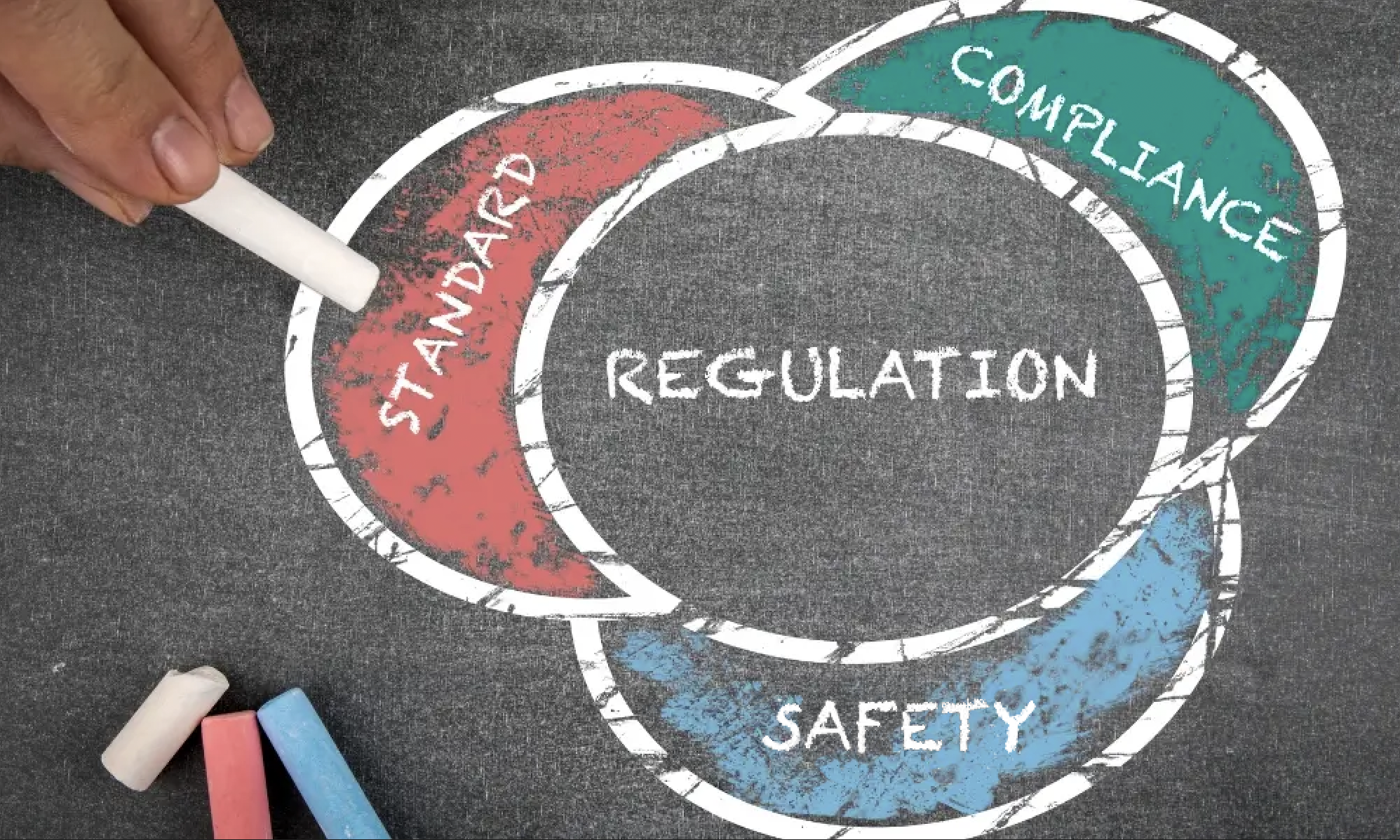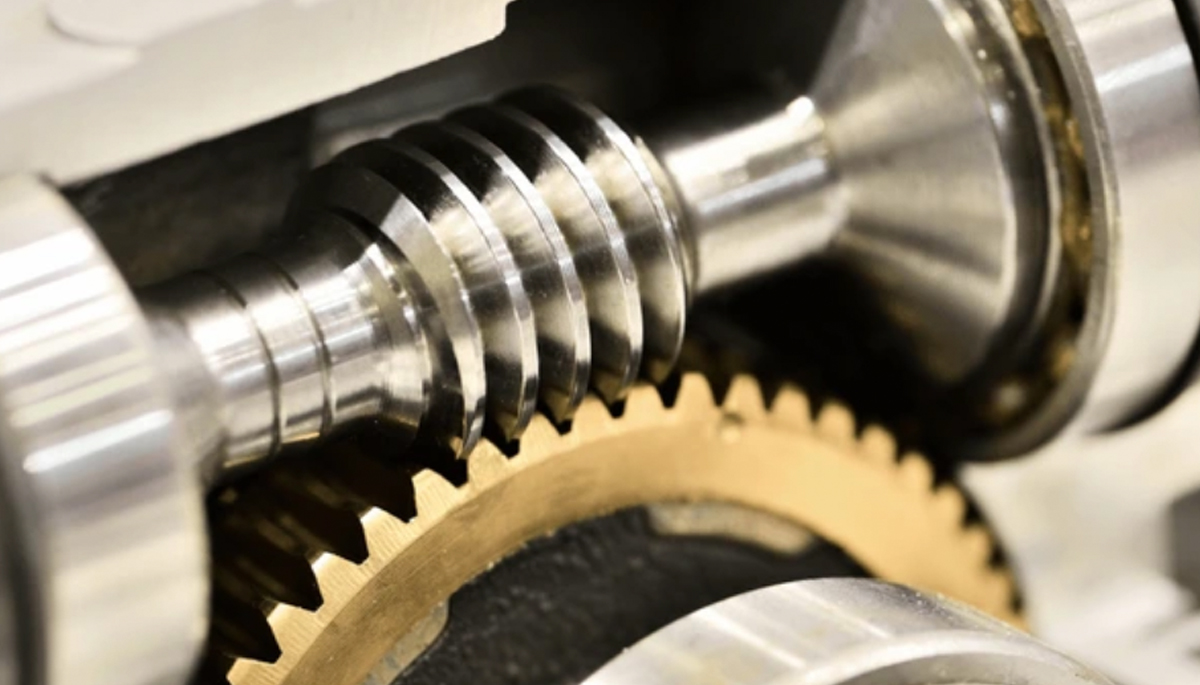Brexit is approaching and there is no doubt that it will deeply affect the UK entertainment industry having an impact on production activities related to the organisation of live events.
In a recent article published by Outsourced events, according to the recent Conference & Incentive Travel’s (C&IT) State of the Event Industry Report, 56% of corporate event planners are concerned about the impact of Brexit, while 10% of businesses see Brexit as their greatest challenge.
This concern is extended to every segment and activity of the ET industry, from service providers to equipment manufacturers and importers, arising many questions how to deal with the movement of products within the EU, in particular how to maintain compliance with European regulations especially when dealing with stage machineries.
The freedom of movement of machineries within the EU – in order to achieve a full economic integration – has been possible due to the agreement and normalisation of minimum condition to permit to lower internal EU trading barriers.
For years, the same level of safety requirements across Europe has been a fundamental condition which allowed to play with common rules and to manufacture and put into service machineries with similar characteristics.
The capacity to enforce the common essential health and safety requirements stated in European directives passed into national legislation and due to its intrinsic normative conditions allowed to make this happen.
Common market laws, such as Machinery Directive, Low voltage, EMC etc. have been put in place to deliver the principle of EU harmonisation focusing the attention to preserve consumer’s safety.
Minimum H&S requirements fulfilled by standards and technical guidelines create a common ground in which knowledge and safety awareness could proliferate, allowing manufacturers to declare presumption of conformity and users to build trust over the freedom of movement and safety of products.
This harmonised status is due to change very soon.
“The United Kingdom submitted on 29 March 2017 the notification of its intention to withdraw from the Union pursuant to Article 50 of the Treaty on European Union.
This means that, unless a ratified withdrawal agreement establishes another date, all Union primary and secondary law will cease to apply to the United Kingdom from 29 March 2019, 23:00h (UK Time).”
“If the UK leaves the EU without a deal on 29 March 2019, the requirements for placing into service machineries on the UK and EU markets, including the arrangements for nominated persons, will change.”
Unless last minute changes, after the 29 March 2019 United Kingdom will become a ‘third country’, legally considered based outside of the European Single market and consequently not eligible to fulfil some of the obligations as stated in Machinery Directive 2006/42/EC.
Businesses with an authorised representative based in the UK will need to establish a new authorised representative in an EU country if they want an authorised representative to carry out tasks on their behalf within the EU.
After the 29 March 2019, in order to place in the market or put into service a machinery within the European Single Market, a UK manufacturer will need to draft a Declaration of Conformity inclusive of name and address of the person authorised to compile the technical file and this person must be established in the Community.
Due to our international infrastructure, at BLUMANO we can help manufacturers based outside of the European Single Market to meet the legal obligations listed under Machinery Directive 2006/42/EC, Low Voltage Directive 2014/35/EU and the Electromagnetic Compatibility (EMC) Directive 2014/30/EU.
If you need to understand more about BLUMANO becoming your contact point inside the EU, read more about our products.





